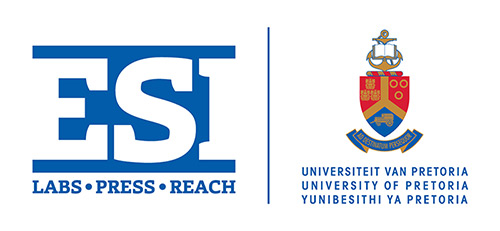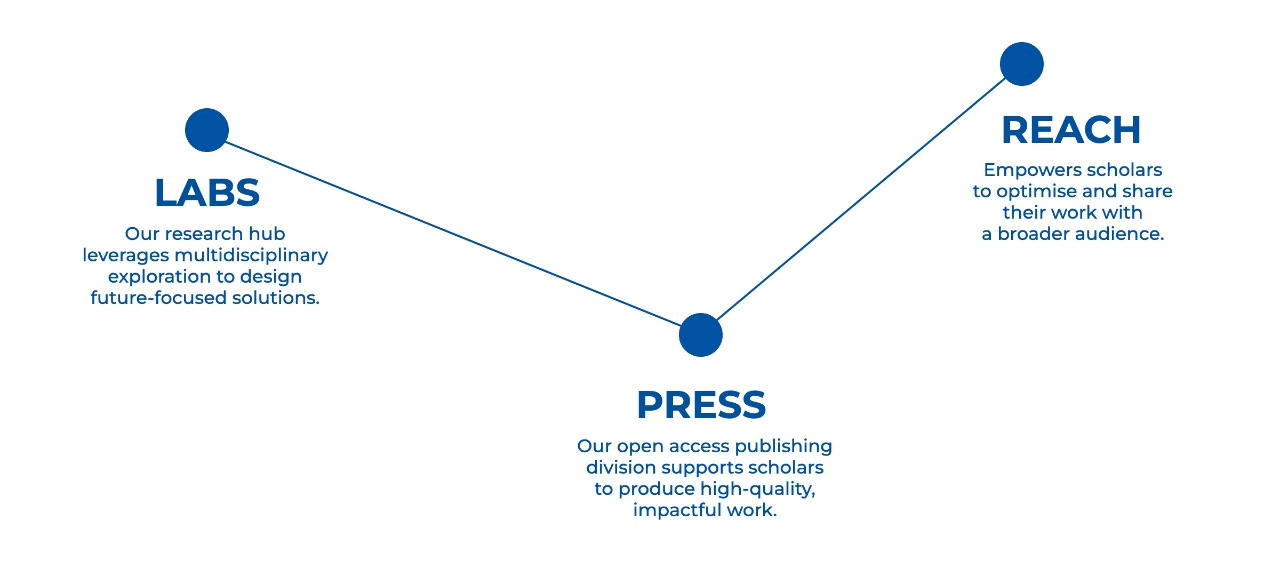WELCOME TO ESI
Our mission is built on three core pillars:
WHAT WE DO
ESI Press was founded to provide an accessible, cost-effective and supportive platform for publishing academic and creative works. As a non-profit and open access press, we make publishing widely accessible to increase the reach and impact of scholarly work.
Along with our repertoire of books, we host a range of accredited journals on our UPJournals platform.
EXPLORE OUR PROJECTS
NEWS





